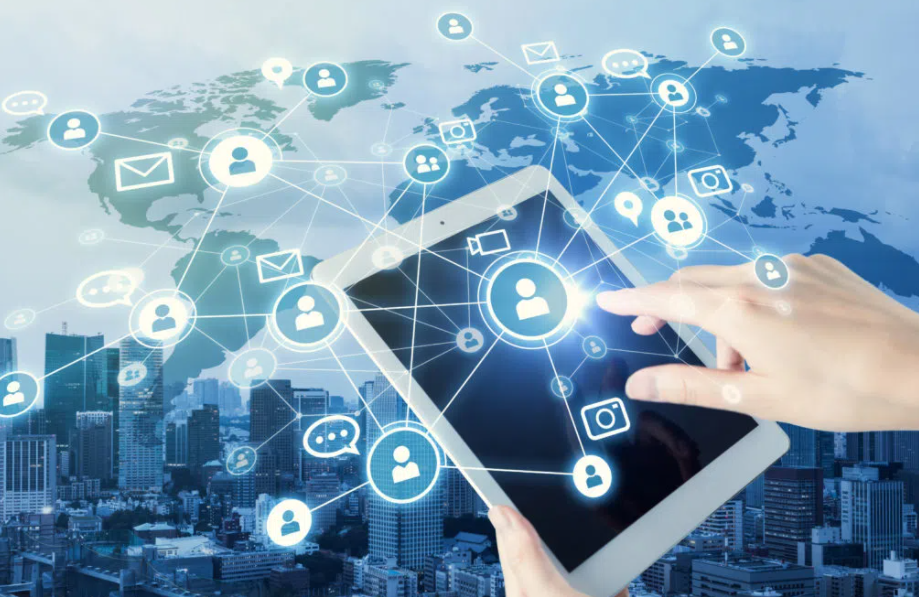The news of data breaches and data leaks became common in the digital era. However, protecting your personal data and information is as easy as protecting your house keys. All you need to do is make some changes to your accounts and devices. Also, it is better to have some knowledge about the USSD code. USSD code is used to check whether the phone is tapped. Here’s a guide that will help you know how to keep your personal information safe online.
Ways to keep your personal information safe online
Tip 1: Don’t click on any suspicious link
Phishing links are very prone to data leaks. Your one simple click can ruin your confidential information securely. Scammers may create phishing links that may look legitimate but are designed with the intention to leak the user’s data. Hover on the link for some second and see if the link is genuine or not. The maximum time you can see the spelling mistakes or irregular word changes on phishing links. So “Never Click on a Suspicious Link.”
Tip 2: Don’t overshare on Social Media
Scrolling on social media’s newsfeed and posting day-to-day life activities might be the favorite of everyone. But it can be the main reason behind your data leak. No matter how many privacy features the social media sites include, hackers somehow manage to get into them. The hackers and scammers may use the information that you share.
Have an eye on privacy settings to be aware of who can see your posted post. Websites like Spokeo, Radaris, and Been Verified can publish personal information from social media on Google. You should remove yourself from Spokeo and other address search websites. In addition to that, think twice before posting your location, your birthdate, and any other personal data on social media Once online, always online.
Tip 3: Be careful of free wifi
Nothing is free here, though they claim somehow you have to pay. Free wifi is a perfect example of that. Sure, when you are at the airport or train station, it is convenient to use the free public wifi. But if you pay attention to security terms, only a few will offer.
So, never log in to your bank account while using public wifi. But if it is needed so much, don’t forget to use VPN( Virtual Private Network). It will help restrict others from seeing your online activities from others who use the same network.
Tip 4: Create a Strong and Unique Password for each account
There is a high chance your one online account will be the victim of data breaches and data hacks. If it happens, then only one account is your concern. But if you have the same login credentials in every account, it could be a huge problem. The hacking of one account may lead to another one also. So, be careful and smart.
Never use your name, birthdate, or city name as a password. Use strong, long, and mixed characters (lower-case letter, upper-case letter, symbols) for your password. If you find it too difficult to remember a long and complicated password, you can use the password manager. The password manager will help you to track the password for you. Search it on the internet and choose the best password manager that suits you.
Tip 5: Consider additional safety precautions
- Use the antivirus software and firewall to protect your device from malicious viruses. Additionally, lock the unused account because hackers can get information from that as well. Identity theft is also something that you need to be careful of.
- Never share your confidential data and information online with anyone, even if they are your friends too.
- If you log in to your account from other devices, make sure you have logged out from that.
- Keep your devices with you. Never leave it randomly anywhere.
Conclusion
The Internet is the place where you can get the information you want. From solving very straightforward queries to vast problems, the internet is everyone’s first go-to place. While on the same side, personal information can be leaked if not protected so much. Use the ideas mentioned above to keep your personal information safe online.



